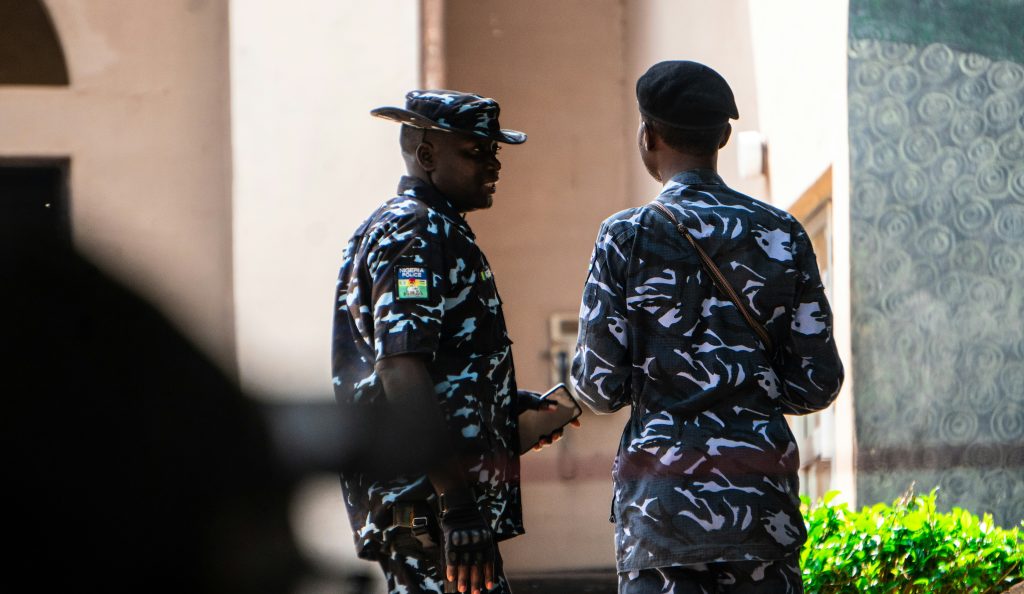Is Kessler Syndrome Inevitable? The Growing Threat of Space Debris
## Is Kessler Syndrome Inevitable? The Growing Threat of Space Debris
The concept of Kessler Syndrome, a catastrophic chain reaction of colliding space debris, is no longer science fiction. First proposed nearly 50 years ago, it’s rapidly transitioning into a very real and present danger. With thousands of satellites and defunct rockets orbiting Earth, the risk of a runaway cascade of collisions is growing exponentially.
The sheer volume of space junk is staggering. Over 13,000 tons of objects, ranging from defunct satellites to tiny fragments of paint, currently orbit our planet. This debris travels at incredibly high speeds, meaning even a small collision can generate a shower of lethal projectiles. The International Space Station, for instance, has already performed dozens of evasive maneuvers to avoid collisions since 1999.
The consequences of a Kessler Syndrome event would be devastating. Not only would it render many existing satellites unusable, potentially crippling global communications, navigation, and weather forecasting systems, it would also make future space exploration significantly more dangerous, if not impossible. The cost of clearing space debris is astronomical, and current efforts, while commendable, are arguably insufficient to address the escalating problem.
Some experts believe that certain orbits may already be approaching a tipping point, where even a single, relatively minor collision could trigger the chain reaction predicted by Kessler Syndrome. This raises serious questions about the sustainability of our current approach to space exploration and the long-term viability of our reliance on satellite technology. The increasing number of satellites launched every year exacerbates the issue, further increasing the probability of a catastrophic event.
The urgency of addressing space debris is undeniable. The economic consequences of a Kessler Syndrome event would be immense, affecting industries ranging from telecommunications and finance to scientific research and national security. Beyond the economic implications, the environmental impact of uncontrolled space debris presents long-term risks to the Earth and future generations.
While there are ongoing efforts to mitigate the problem, including developing technologies for space debris removal and establishing international guidelines for responsible space activities, many believe these are insufficient. A more comprehensive and coordinated global strategy is desperately needed to address the escalating threat. This requires not only technological advancements but also a significant shift in international cooperation and a long-term commitment to sustainable practices in space.
The future of space exploration and the continued use of crucial satellite-based services hinge on our ability to effectively address the space debris problem before it’s too late. The challenge is immense, but the potential consequences of inaction are far greater, making the need for urgent and concerted action absolutely paramount. We are hurtling towards a potential crisis, and the time to act is now.
## What can be done?
Several strategies are being explored to counteract the increasing threat of space debris. These range from developing technologies to capture and remove debris from orbit to designing satellites with end-of-life disposal plans. International collaboration is crucial to establish common guidelines for responsible space operations, ensuring a sustainable future for space activities.
## The Future of Space: A Race Against Time
The race to prevent a Kessler Syndrome event is a race against time. The longer we wait to implement effective mitigation strategies, the higher the risk of a catastrophic chain reaction. The global community needs to recognize the urgency of this situation and work collaboratively to secure the future of space exploration and our reliance on crucial satellite technology.
Tags: Environmental Risk, International Cooperation, Kessler Syndrome, Orbital Debris, Satellite Collisions, Space Debris, Space Exploration, Space Junk, Sustainability, Technological Risk
Botswana Prepares for Southern Accord 2024: A Strategic Military Exercise
In the picturesque town of Shoshong, Botswana, preparations are underway for the highly anticipated exercise, Southern Accord 2024, organized by the 7th Army Training Command’s Training Support Activity Europe (TSAE). This military exercise not only highlights the growing importance of multinational military collaboration, but also underscores the strategic significance of Africa in global defense operations. As the Pentagon maintains its single permanent base on the African continent in Djibouti, the increasing influence of nations like Russia and China further amplifies the need for cooperative defense initiatives across the region.
Southern Accord 2024 aims to enhance interoperability among various military forces, fostering a spirit of partnership and readiness among participating nations. This year’s exercise is expected to bring together forces from multiple countries, reflecting a commitment to collective security and stability in the region. As global dynamics shift, the importance of such exercises cannot be overstated, particularly in a continent with diverse geopolitical challenges.
The backdrop of Shoshong provides a unique setting for the exercise, as military personnel engage in rigorous training scenarios designed to simulate real-world threats. From humanitarian assistance to combat readiness, the scenarios will cover a wide spectrum of operations, emphasizing the need for adaptability and swift response in the face of adversity.
In addition to tactical training, Southern Accord 2024 will also focus on building relationships among participants. These interactions are crucial for fostering trust and understanding, which are essential components of successful military cooperation. By working together in a controlled environment, participants can develop the skills necessary to operate effectively alongside one another in future missions.
The significance of military exercises like Southern Accord extends beyond the immediate training objectives. They serve as a platform for dialogue and collaboration, helping to bridge gaps between different nations’ military practices and doctrines. This exchange of knowledge is vital, as it prepares forces for potential joint missions in a complex security landscape.
Furthermore, as the security environment in Africa continues to evolve, exercises like Southern Accord become increasingly relevant. The rise of non-state actors, regional conflicts, and transnational threats necessitate a unified response from the international community. By strengthening military ties and enhancing operational capabilities, participating nations can better address these challenges and contribute to regional stability.
As the exercise approaches, the anticipation grows, not just for the training itself, but for the broader implications it holds for African security cooperation. Military leaders and strategists from around the globe will be watching closely, as the outcomes of Southern Accord 2024 could influence future defense initiatives and partnerships on the continent.
In conclusion, Botswana’s hosting of Southern Accord 2024 represents a significant step in fostering international military collaboration in Africa. As nations come together to enhance their readiness and cooperation, the exercise will undoubtedly play a pivotal role in shaping the future of security in the region. With a focus on adaptability, partnership, and collective security, Southern Accord 2024 is poised to make a lasting impact on the military landscape of Africa and beyond.
Tags: African Security, Botswana, International Cooperation, Military Exercise, Southern Accord 2024


